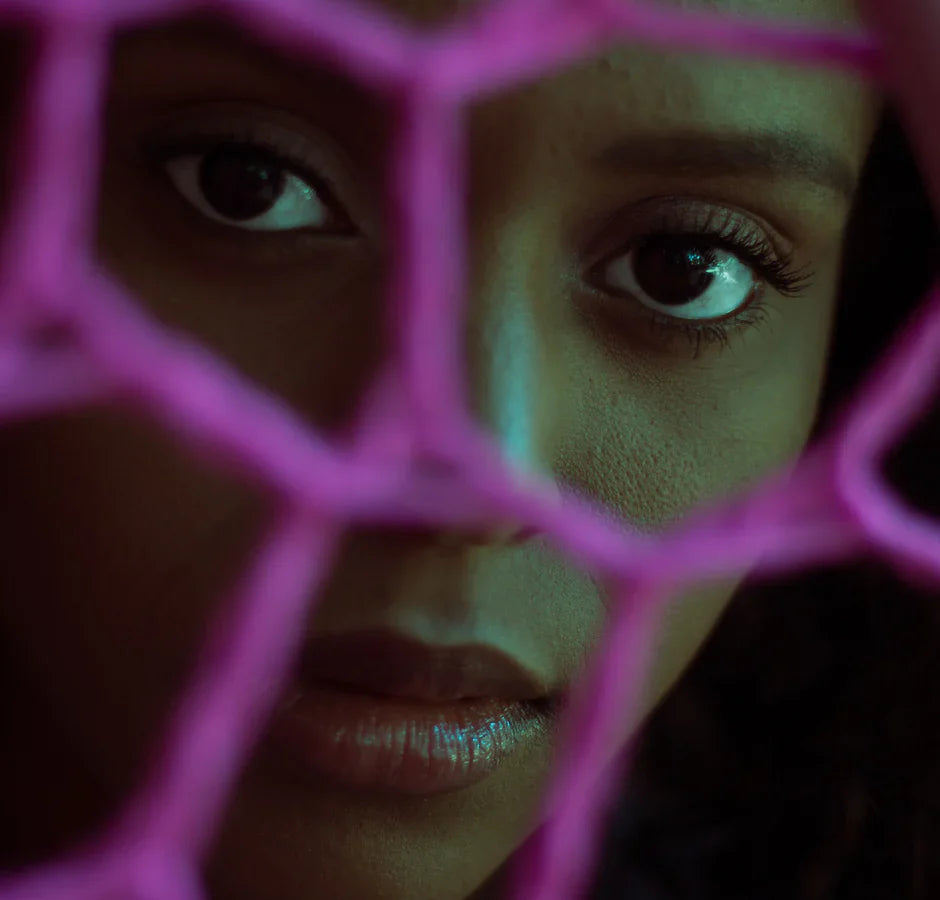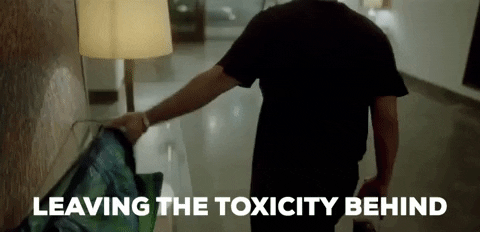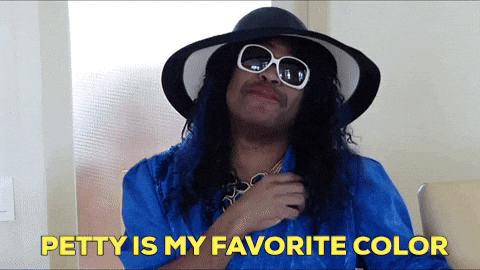
Skin Stories that need to be re-written
Share
"No one let me forget that I was dark-skinned growing up. My grandma was very light-skinned. Whenever we'd go around in India, they'd always say, 'Oh, you'd be pretty if you had your grandmother's coloring.' 'Shame about the color of her skin.' 'She's pretty for being dark-skinned,'" Charithra Chandran, the Bridgerton actress told Teen Vogue in an interview published this week. It is satisfying to see stars and influencers opening up and questioning this!
We spoke to so many people who have faced this discrimination in different forms and by different people, some from even their own people.
One should not be surprised to learn that people who are living with these comments, many-a-times just laugh it off. It could be to save themselves from further embarrassment, out of sheer awkwardness, to belong to the crowd or hoping that it will be okay. But hey no, these thoughts get deeply ingrained in their minds, is traumatizing and difficult to unlearn! The friends, peers, relatives who are making these unacceptable remarks need to be called out.

It breaks our hearts to hear so many stories that ooze colorism and discrimination. What makes us even sadder is that it is still prevalent today and now. Looking at the brighter side, people, communities and brands are taking a stand against this, the change is apparent!
We have been talking to women and going through different credible sources to bring to light some real stories. It is important to empathise and say no to this. The best groups that we had conversations with were Gen Z and Y, we love how youngsters these days are so sensitive, aware and really value diversity and inclusion. This gives us hope, the journey could be long and challenging but will be fun with these bright lads and lassies!

Be with us and listen to these voices...
1. "My aunts would shake their heads in disappointment over her complexion. A tan would lead some relatives and classmates to admonish her: “You’ve turned black,” they said.
2. In India, where skin tone often defines success, ability to find work or a spouse, such comments matter. Neha says she felt insecure. When I was getting dressed up to go out, I would remember what they said, "put on more make-up"
3. Surbhi is a dancer and felt discriminated against in performances too. “The prettier, skinnier and fairer girls are positioned at the front of the stage,” she says. That gets to you.
4. "India’s traditional Ayurveda medical system teaches that pregnant women can improve their foetus’s complexion by drinking saffron-laced milk and eating oranges, fennel seeds and coconut pieces", says a pregnant dusky expecting mother.

5. A study by a women’s health charity in India found that childless couples often insisted on – and paid more for – surrogates who were beautiful and fair, even though the woman contributed no genetic material to the baby.
6. Potential brides spend a lot of money; it’s really unlimited in the months before the wedding,” says Ema Trinidad, a Filipina beautician who runs a spa in Bengaluru.
7. “It starts when children are young: the moment a child is born, relatives start comparing siblings’ skin colour. It starts in your own family – but people don’t want to talk about it openly.”
8. “I never got a chance to become a fairy in my school plays because fairies are supposed to be fair-skinned!”
9. When I was born, my paternal grandmother wrote a letter to my maternal grandfather: “A girl is born. She is dark-complexioned. You better prepare for her future.”

10. Growing up in the close proximity of a large extended family, I was the only dark child. “Kaali-kaluti, baigan looti / Blacky-black smeared, she robbed the color of an eggplant,” my cousins would taunt when they wanted to have a laugh at my expense. I laughed along with them, eager to fit in.
11. Anytime someone would call me dark, my fair-skinned mother would correct them and tell them I was “wheatish,” one of the many euphemisms in India for brown skin. It was her way of comforting herself that her daughter was a tad bit higher in the hierarchy than truly dark people.
12. A fair-skinned woman in India is pretty and a dark-skinned is usually sexy! :D.“She got lucky he married her despite her [dark] complexion” are still whispered around India today.
This is unfair and should stay in the past. Leaving you with these thoughts. Write to us if you want to become a part of this change in any way :)
Mokah Take
Only when we call a spade a spade. Only when irrespective of our own shades we start taking a stand against colorism. Only when we start teaching children this from a young age. Only when everyone in that Whatsapp group holds that one aunt accountable for making a discriminatory comment. Only when...is when we will start getting closer to our dream of living in a world that is discrimination-free.
